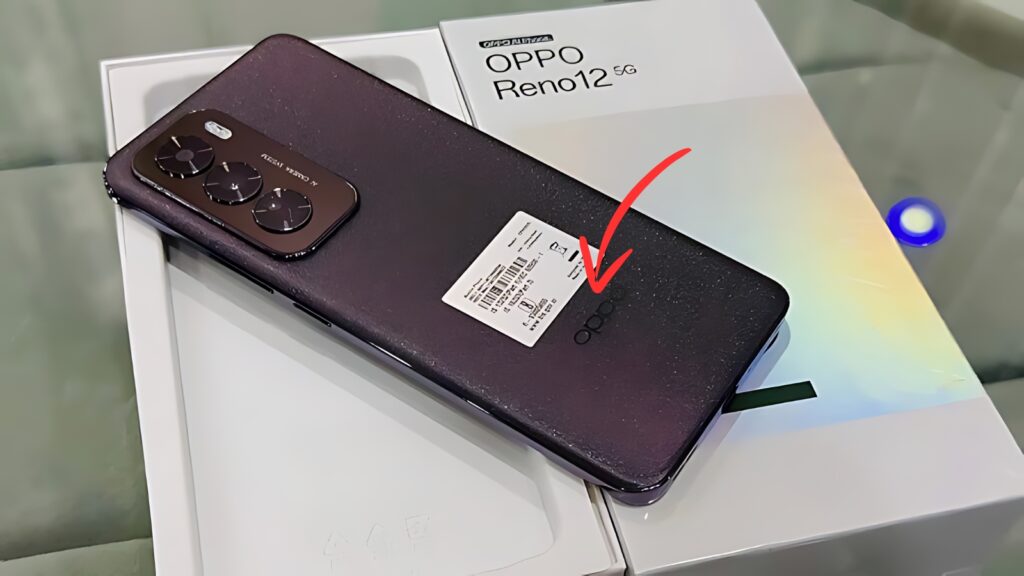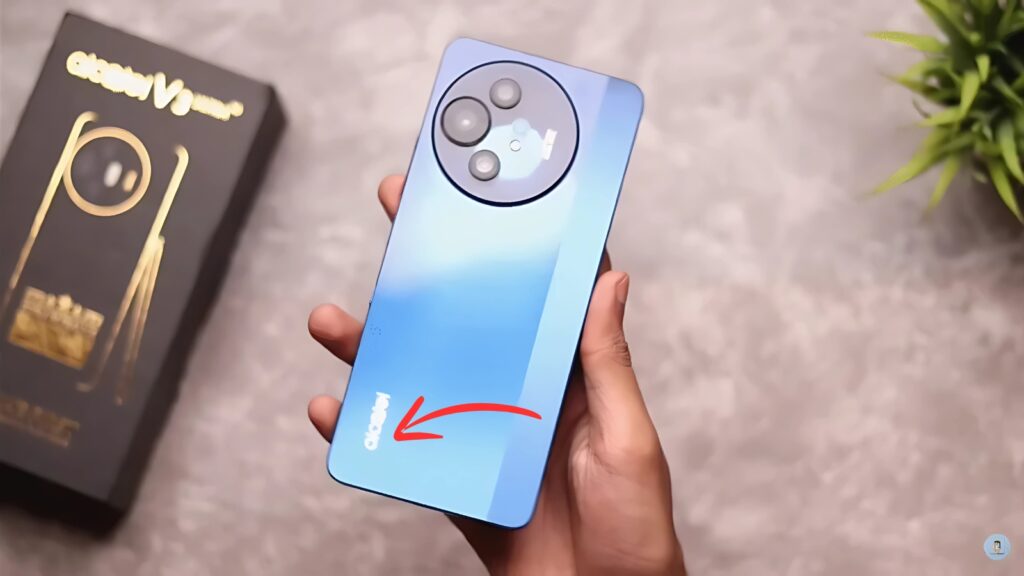The South African Social Security Agency continues to serve as a crucial lifeline for millions of South Africans, providing essential financial support through various social grants.
Understanding eligibility requirements and payout status procedures has become increasingly important as SASSA processes applications for over 18 million beneficiaries nationwide.
This comprehensive guide provides essential information about qualifying for grants, tracking your application status, and ensuring timely receipt of payments.
Understanding the SASSA Means Test Framework
The foundation of SASSA grant eligibility lies in the means test, a comprehensive financial assessment that determines whether applicants genuinely require government assistance.
This evaluation examines both income and assets to ensure that limited public resources reach those facing the greatest financial hardship.
The means test serves as SASSA’s primary tool for maintaining program integrity while supporting vulnerable South Africans.
The means test operates on the principle that social grants should supplement rather than replace other income sources, helping recipients meet basic needs while encouraging self-sufficiency where possible.
SASSA reviews these criteria biannually, typically in April and October, to account for inflation and changing economic conditions that affect living costs.
For married couples, the means test considers combined household income and assets, recognizing that financial support decisions should reflect total household resources.
This approach ensures that grants reach families with genuine need while preventing situations where one spouse’s income might mask household financial difficulties.
Income Thresholds for Different Grant Categories
Each SASSA grant category has specific income limits designed to target appropriate beneficiary groups.
The Older Persons Grant, available to South Africans aged 60 and above, allows single individuals to earn up to R86,280 annually while remaining eligible for support.
Married couples can have combined annual incomes up to R172,560 and still qualify for this assistance.
Disability Grant recipients face similar income thresholds, with single applicants eligible if earning less than R86,280 per year, while married couples qualify with combined incomes below R172,560 annually.
These limits recognize that people with disabilities often face additional expenses related to their conditions, making government support essential even with modest incomes.
The Child Support Grant has more restrictive income limits, reflecting its focus on supporting low-income families.
Single caregivers can earn up to R61,200 annually and remain eligible, while married couples qualify with combined incomes below R122,400 per year.
These lower thresholds ensure that support reaches families struggling to provide basic necessities for their children.
The Social Relief of Distress Grant maintains the strictest income requirements, with monthly limits set at R624.
This grant targets individuals facing immediate financial crisis, requiring demonstrable urgent need for temporary assistance.
Asset Evaluation and Ownership Considerations
Beyond income assessment, SASSA evaluates applicants’ assets to determine eligibility for most grant categories.
These evaluations help ensure that individuals with significant wealth do not receive grants intended for those in genuine poverty. Asset thresholds vary by grant type and marital status, reflecting different program objectives.
For Older Persons and Disability Grants, single individuals can own assets worth up to R1,227,600 while maintaining eligibility.
Married couples face combined asset limits of R2,455,200, allowing for reasonable accumulation of retirement savings and essential property ownership without disqualifying applicants from support.
Primary residences receive special consideration in asset evaluations, as SASSA recognizes that homeownership represents basic security rather than luxury wealth.
However, expensive properties may trigger additional scrutiny, particularly if their value suggests significant financial resources that could support the household without government assistance.
Child-focused grants, including Child Support and Foster Child Grants, generally do not include asset testing, recognizing that children’s needs for support should not depend on family wealth accumulation.
This approach prioritizes child welfare while simplifying application processes for families seeking support.
Application Status Categories and Meanings
SASSA’s status checking system provides applicants with regular updates about their application progress through various status categories.
Understanding these designations helps applicants know what actions they might need to take and when they can expect resolution of their applications.
“Pending” status indicates that applications have been received and are undergoing review by SASSA officials.
This represents the most common status for new applications, as thorough verification processes require time to complete properly.
Applicants with pending status should avoid submitting duplicate applications, as this can complicate processing.
“Approved” status confirms that all eligibility requirements have been satisfied and the applicant qualifies for grant support.
However, approved status does not immediately guarantee payment, as additional processing steps must occur before funds are disbursed to recipients.
“Declined” status indicates that applications do not meet current eligibility requirements.
Common reasons include income levels exceeding thresholds, missing documentation, or failure to meet specific program criteria. Declined applicants retain appeal rights and can address issues that led to rejection.
Payment Processing and Distribution Timeline
SASSA operates on systematic payment schedules that vary by grant type, ensuring orderly distribution to millions of beneficiaries each month.
Permanent grants, including Older Persons, Disability, and Child Support Grants, typically receive payment during the first week of each month, with specific dates assigned to different grant categories.
The Older Persons Grant payments generally occur first, followed by Disability Grants and then Child Support and other family-focused grants.
This staggered approach helps manage system capacity and reduces congestion at payment collection points throughout the country.
SRD Grant payments follow a different schedule, typically occurring later in the month with individual payment dates assigned based on application processing and verification completion.
Recipients must check their status regularly to determine when their specific payment will be available.
Multiple Payment Collection Methods
SASSA provides various payment collection options to accommodate different beneficiary circumstances and preferences.
Direct bank transfers offer the most secure and convenient option, depositing funds directly into beneficiaries’ accounts on scheduled payment dates without requiring physical collection.
The SASSA Gold Card system allows beneficiaries to access funds through ATMs, retail partners, and designated payment points.
Major retailers including Pick n Pay, Shoprite, Checkers, and Spar accept these cards, providing convenient access to funds during regular shopping activities.
Post office collection remains available for beneficiaries who prefer cash transactions or lack access to banking services.
However, this method may involve longer waiting times and should be approached with appropriate security precautions.
The newer Postbank Black Card system provides enhanced security features and broader acceptance, though transition to this system continues gradually to ensure stability and beneficiary familiarity.
Status Checking Methods and Frequency
Regular status checking helps beneficiaries stay informed about their application progress and payment schedules.
SASSA provides multiple checking methods to accommodate different technological capabilities and preferences among beneficiaries.
Online status checking through official SASSA websites requires only an identity number and registered phone number, providing immediate access to current application status and payment information.
This method offers the fastest and most convenient way to obtain updates without traveling to SASSA offices.
SMS status checking involves sending a text message with “STATUS” followed by the identity number to 32555. This method works on basic mobile phones and does not require internet access, making it accessible to beneficiaries with limited technological resources.
WhatsApp status checking utilizes the official SASSA WhatsApp number (082 046 8553) to provide automated status updates through the popular messaging platform. This method combines ease of use with immediate response capabilities.
Phone-based checking through the SASSA toll-free helpline (0800 60 10 11) offers personal assistance for beneficiaries who need help interpreting their status or addressing specific concerns about their applications.
Common Reasons for Application Decline
Understanding frequent causes of application rejection helps potential beneficiaries address issues before submitting applications or during the appeal process.
Income threshold violations represent the most common reason for decline, occurring when applicants earn amounts exceeding grant-specific limits.
Documentation deficiencies often lead to application rejection, particularly when required identity documents, proof of income, or supporting materials are missing or inadequate. Ensuring complete documentation before application submission reduces processing delays and rejection likelihood.
Bank account activity that suggests income sources beyond declared amounts can trigger application decline, particularly for SRD Grant applications where monthly bank balances are monitored to verify ongoing eligibility.
Failure to meet specific program requirements, such as age limits, residency requirements, or disability documentation standards, also results in application rejection. Careful review of program criteria before application helps avoid these issues.
Appeal Process and Reconsideration Rights
Beneficiaries who disagree with SASSA decisions retain important appeal rights that provide pathways for addressing incorrect rejections or inadequate grant amounts.
The appeal process operates through formal channels designed to ensure fair reconsideration of disputed decisions.
Appeals must be submitted within 90 days of receiving notification about adverse decisions, providing reasonable time for beneficiaries to gather supporting documentation and formulate their cases.
This timeline balances prompt resolution needs with adequate preparation opportunities.
The Independent Tribunal for Social Assistance Appeals handles formal appeal reviews, providing independent assessment of SASSA decisions and beneficiary circumstances. This separation ensures objective evaluation free from potential administrative bias.
Successful appeals can result in retroactive payments covering periods from original application dates to approval dates, providing meaningful financial relief for beneficiaries who experienced incorrect rejections.
Maintaining Eligibility and Ongoing Compliance
Grant recipients bear ongoing responsibility for maintaining eligibility through accurate reporting of changing circumstances and compliance with program requirements.
Income changes, family status modifications, and asset acquisitions must be reported promptly to avoid overpayments and potential penalties.
Regular verification processes help SASSA maintain program integrity while ensuring continued support for eligible beneficiaries.
These reviews may require updated documentation, in-person interviews, or additional verification steps designed to confirm ongoing eligibility.
Biometric verification requirements for certain beneficiaries help prevent fraud while ensuring that payments reach intended recipients. Cooperation with these verification processes helps maintain grant continuity and system security.
SASSA Eligibility and Payout Status is released
SASSA continues implementing technological improvements designed to enhance service delivery and reduce administrative burdens for both beneficiaries and staff.
Digital application systems, improved status checking capabilities, and enhanced payment security represent ongoing development priorities.
Policy adjustments reflecting changing economic conditions and social needs ensure that grant programs remain relevant and effective in addressing poverty and vulnerability.
Regular threshold updates and program modifications help maintain program effectiveness as circumstances evolve.
Beneficiary education initiatives help recipients understand their rights and responsibilities while maximizing the impact of grant support on their lives and communities. These efforts contribute to program success and social development objectives.




